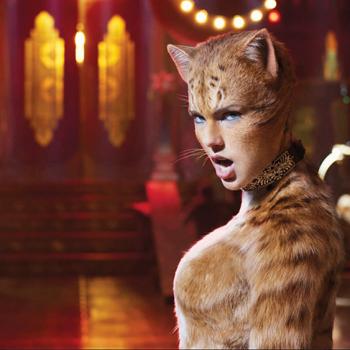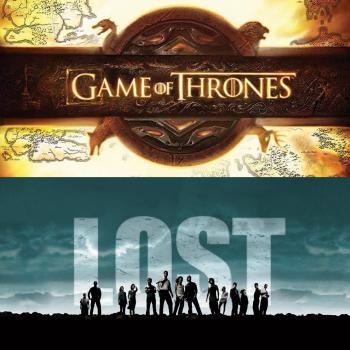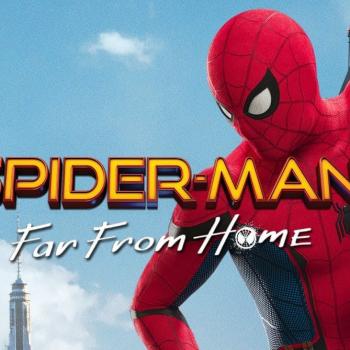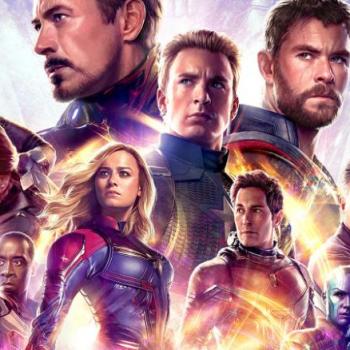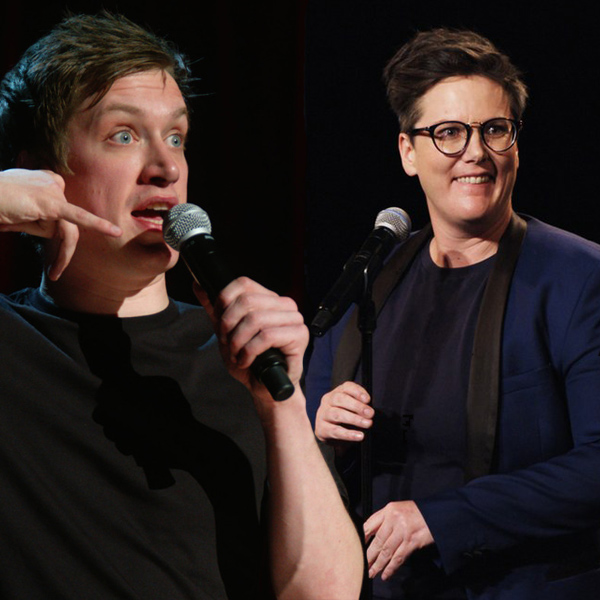
I have a great respect for stand up comedians. To stand up, alone, making people laugh for an hour – no safety net, the very good chance that a joke will bomb, no change of scene or big dance number to distract from weak material…well, let’s just say it takes a massive amount of courage to do what they do.
More: the format of the stand-up comedian has altered over the decades. Gone are the days when it was sufficient to stand up and recite a bunch of jokes. (Thank God those days are gone.) Today’s court jesters pull not only from the headlines and shared human experiences, but they put their own lives on display. Still with a persona, of course, a theatrical mask. But that’s why I wasn’t in the least surprised when the news came out that Lewis CK was a sexual pervert. He’d been telling us so for years. Whereas I am still greatly dismayed over Cosby – one of the great stand up acts – who kept us all in the dark – spinning tales of the good family man while drugging and raping women.
Perhaps it’s this shift towards truth and away from persona, this new level of transparency and accountability, this shift towards mining the comedy out of tragedy that has made room for two recent Netflix specials which still tell jokes, absolutely, but which look deeper into trauma: guiding audiences to look brutally and yet with humor at their own lives.
I’m talking about Daniel Sloss’ Jigsaw and Hannah Gadsby’s Nanette.
Pay Attention to the Man Behind the Curtain
One of the things that strikes me about both sets (and I’ll include Sloss’ Dark show from last year, also available on Netflix), is that Gadsby and Sloss both explain how comedy works while they’re telling the jokes. Not with a cheeky insider baseball feel, nor with condescension, but with earnestness: in order for the audience to go with them on this darker journey, the audience needs to understand how a joke works, why it’s going to be okay to laugh at some really dark – or perhaps, really truthful material.
Nanette centers around the explanation that there are two parts to a joke: the set-up and the punchline. And the humor comes from the build up of tension in the first, and the release of tension in the second. However, Gadsby reminds us, that’s now how real life works. A joke has to stop at the funny bit: it doesn’t deal with the aftermath. Whereas in reality, life goes on – and it’s sometimes ugly.
For example, in the first half of her special, Gadsby tells a joke about how she was chatting up another woman when that woman’s boyfriend got incensed: “Are you coming on to her?” Hannah backed off, and then the man looked closer at Hannah and said, “Oh, wait. No, you’re a woman.” And the joke is, of course, that Hannah had been coming on to the girlfriend. Silly boy. Couldn’t tell what a woman was. Couldn’t tell what a lesbian was.
In the second half of the show, though, Gadsby tells us the end to several of her jokes. Such as when that man turned back to her, realizing his mistake and said, “Oh, you’re a lesbian. You’re not a woman. That means that I can beat you up.” And proceeded to do so, sending Hannah to the hospital.
Not quite as funny, is it?
Sloss in his Dark, begins by explaining why one of his religion jokes doesn’t go over well in America. He asks the audience to consider why they get offended at his jokes, on whose behalf they’re getting offended. He then goes on in the second half of his set to talk about his sister with cerebral palsy – making fun of her as only a devoted brother can. Every time the audience gets quiet or uncomfortable, he nettles the audience: do they know his sister? Who are they getting offended for? Through laughter, he slowly allows us to see his disabled sister as a person, worthy of being joked with and about…before laying down the truth on us, that she died, horribly and suddenly, years ago. And now that she’s a person and not just an idea to be pitied, her full humanity truly sits in us.
Similarly, in this year’s special Jigsaw, Sloss asks his audience to consider why they’re in a relationship. Whether they’re truly happy or merely shoving someone into their lives because they’re too afraid to be alone. He even takes off his own mask a little: saying that his last girlfriend saw him as he truly is, knew that he wasn’t this persona on stage, and took advantage of that to manipulate his insecurities, to divide him from his friends, to make him miserable. Yet, he was too afraid to leave her. Because he’d believed the lie that you’re incomplete if you’re alone. With tears stinging his eyes, he speaks to the audience saying that he hopes there is love. That he wants to be a husband, a father. But that if you cannot, if you will not love yourself: you will never be happy at all.
It’s a tender moment. A brave moment. A moment unmasked.
Just as Sloss allows himself to tear up, Gadsby allows herself to have a voice – a fierce and impassioned and pained voice – at the end of Nanette. She admonishes the crowd who only wants to laugh at others, and not to do right by them. She admonishes herself for allowing herself to be diminished, to keep all the traumas inflicted on her buried inside – making herself the joke and never dealing with the pain. She admonishes the men in the audience who brutalized her, raped her, sent her multiple times to hospital. And she promises that she will not end with a joke: it’s important to leave us with the tension.
It’s comedy as a call to action.
Laugh, Clown, Though Your Heart is Breaking
The old wisdom is that the clown must keep his painted smile on. That she must laugh at herself without regard to her own feelings. That any sorrow a clown feels must be for our amusement, our childlike cruelty at the pain of others.
But today’s modern clowns do something more: they wipe off the white paint and let us see their hearts. They invite us not to brutalize our laughter, but to let it be a crowbar into our own souls, a means of shared humanity, rather than a means of making someone else “the other.”
It’s more than jokes. It’s more than storytelling. It’s more than pointing a finger and making fun. It’s laughter as the best medicine. It’s smiles that make way for tears.
And it’s well worth the watching.
 Want more articles? Support the Pop Feminist over on Patreon for as little as $1/month!
Want more articles? Support the Pop Feminist over on Patreon for as little as $1/month!



